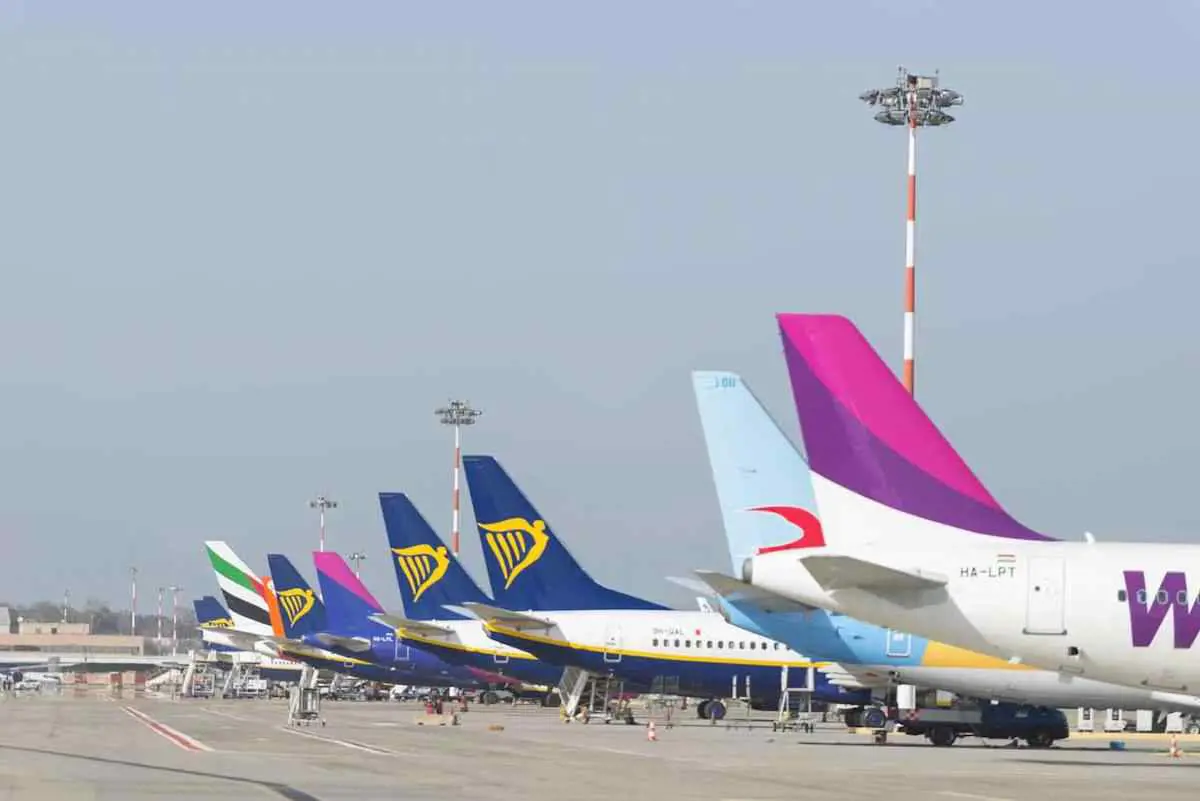
France invents the green supertax on airports and motorways
French mine on motorway and airport concessionaires. The Elysée has developed, with the new Stability Law, a real tax on extra earnings which, if confirmed, will come into force on January 1, 2024.
A cash-raising initiative reminiscent of the one adopted by the Draghi government in Italy for energy companies. The French version, with the aim of collecting 600 million (the first year), targets a specific category of companies defined in the provision as “long-distance transport infrastructure”. Eiffage, Abertis, Vinci and Mundys are the parties potentially affected by the provision and ready to fight.
But how does forced withdrawal work and where does it come from? If Emmanuel Macron “loves cars”, Infrastructure Minister Clément Beaune promises “more rails and fewer roads”, quipped Les Echos a few days ago, citing the government’s maneuvers and, in particular, the statements made by the minister to France Inter : «We are ready to abandon some highway projects. In this era of ecological planning, we cannot do as before. For projects already underway, we will reduce their impact on the environment. Projects not yet started will be blocked. And it doesn’t end here.” In this context of opposition to two specific categories (airport and motorway concessionaires), in favor of rail transport, comes the provision that taxes extra revenues and which is causing quite a bit of controversy beyond the Alps. The measure aims to tax companies (which have a net profit greater than 10%) for the part of their turnover that exceeds 120 million. The tax will be 4.6%.
Ironically, part of the extra revenue will come from Aeroport de Paris, a listed and public company in the hands of the Elysée which, however, has sworn battle and has already announced that it will “discharge” the tax (estimated for them at 100 million) on the fares of the next years. On the other hand, the measure also plays along the lines of competition rules given that the entire revenue will be passed on to a public railway body.
The operators, however, are not willing and have decided to take legal action. Mundys, the Benetton family company which beyond the Alps is making investments of over 700 million to strengthen the road networks and provide them with new services, operates in the country through its subsidiary Abertis with Sanef (Société des Autoroutes du Nord et de l’Est de la France) and Sapn (Société des Autoroutes de Paris Normandie) for which it has a concession until 2031 and 2033. The group then owns Nice Côte d’Azur Airport as a shareholder. The French companies Vinci and Eiffage respectively manage (among other things) the former Autoroutes du Sud de la France (Asf) and the Autoroutes Paris-Rhin-Rhône (Aprr) network.
After the legal decision to ban short-haul flights and the intention to limit private jets, Beaune is back on the attack, but the risk on the horizon is that of a heavy legal battle. On Friday, Aci Europe (Airport Council International) urged the French government to reconsider the plan for an additional tax on the revenue of the airports of Paris, Nice, Marseille, Lyon and Toulouse. Also because the tax «would reduce the ability of these airports to finance their ambitious decarbonization plans, with the aim of reaching net zero CO2 emissions under their control between 2026 and 2030».
Not only that, it is estimated that it could also affect their competitive position in Europe.
«This is yet another initiative by the French government aimed at aviation and labeled as ecological, but which in reality would damage both decarbonization efforts and the economy», said Olivier Jankovec, director general of Aci Europe, specifying that “squeezing airports driving decarbonization efforts for tax revenue is reckless and amounts to political greenwashing.”
This article is originally published on .ilgiornale.it





